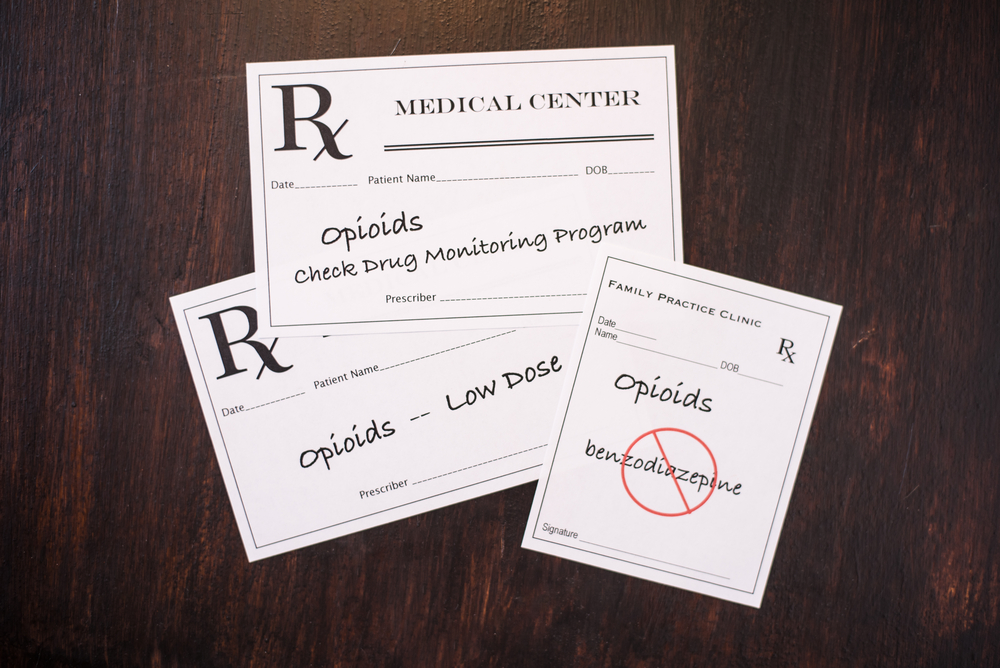A substance abuse evaluation is an integral tool that assists a trained specialist in determining whether or not you have an abuse problem. This evaluation looks at multiple factors that ascertain if you need immediate help and, if not, can give you insight into how to prevent developing a problem in the future.
Substance abuse is a growing problem in our society. Many people turn to various drugs, alcohol or other “magic bullets” in an attempt to relieve stress, “escape” from reality or take the edge off their anxiety.
Regardless of why you may use, if you feel you may have developed a pattern of overuse, it’s important to seek the assistance of a trained professional and take substance abuse evaluations. Contact our drug rehab in Delray Beach, Florida today to get help.
What are the three types of substance use?
Before we get started on what you can expect in your substance abuse screening and evaluation, let’s look at the different types of substance use. Substance use and substance abuse are broken down into three categories. They include:
- Social Use
- Abuse
- Dependency
Social use is the occasional use without regularly partaking of or dependency on that substance. For example, perhaps you and your co-workers have a biweekly “happy hour” and meet at a bar near work. You drink one or two beers and enjoy appetizers, then don’t drink again until the next happy hour.
Abuse occurs when you make a substance a normal part of your routine. For example, perhaps you have a couple of beers every night after you get home from work and, on weekends, drink even more, finding yourself waking up in the morning with a hangover. That would constitute abuse.
When you move into the realm of dependency, you feel you MUST have those drinks after work to ensure you can fall asleep, and maybe you add a little splash of bourbon to your morning coffee every day to take the edge off. At this point, you are dependent on alcohol to make it through the day.
Why you might need to have drug and alcohol evaluation
You might need to go through an evaluation for many reasons. For instance, you may think you have a problem and want to nip it in the bud before it gets out of hand. Your loved ones may be concerned and may have asked you to seek help.
Legal charges that involve drugs or alcohol may also prompt a judge to order an evaluation. These charges can include public intoxication, drug/alcohol possession, disorderly conduct, DUI/DUID, using a false ID, or a minor in possession (MIP). If this is the case, your attorney or advisor can tell you what sort of documentation you will need to bring to your substance abuse evaluation.
If you are concerned you may have a problem, drug and alcohol evaluations will give you the answers you need. Olympus Recovery’s experienced, compassionate staff is here to provide you with world-class care. Call us today at 866-305-7134.

Can substance abuse treatment be started without an evaluation?
If you need inpatient treatment or PHP rehab at a drug or alcohol rehabilitation facility, you must first have a substance abuse evaluation. To provide you with the individualized care you need, your providers must have a complete picture of your substance abuse and the history that may have led to it.
An evaluation before entering rehab also allows your providers to consider any other medical or psychological conditions you may have. For instance, depression and anxiety may be the underlying cause of your substance abuse. With this knowledge in hand, your team can tailor your care to treat your anxiety and depression concurrently.
So what happens in a substance abuse evaluation?
You will meet with a substance abuse counselor when you go in for your evaluation. The majority of these evaluations are conducted in the practitioner’s office or a room designated for assessments.
This individual is trained to ask you the right questions to help them determine the best options for you. Your substance abuse evaluation will be conducted in two parts: a screening and an assessment.
Who can do a drug and alcohol evaluation?
Many different types of professionals can conduct a substance use disorder evaluation. These include a medical doctor, nurse, nurse practitioner, psychiatrist, social worker, psychologist, or therapist. For the sake of this article, the evaluator will be referred to as the “counselor” or “specialist.”

What does the screening consist of?
In the screening, your counselor will ask you a series of questions. The answers allow them to look at factors that may determine your drug and alcohol use level and the presence of a substance abuse problem. In addition, this screening will determine whether or not a more in-depth inquiry into your usage behaviors is warranted.
Some of the tools used during the screening may include:
Alcohol Use Inventory (AUI): This tool is designed for self-administration if you feel you have an alcohol abuse issue. Your counselor can review the answers and get insight into your perspective on drinking.
CAGE Questionnaire: The CAGE questionnaire consists of four questions that inquire about your usage and show your counselor important information about your own opinion of your substance use.
Substance Abuse Subtle Screening Inventory (SASSI): This popular screening assessment provides a close look at your social drinking and drug use and your viewpoint on that usage. It also helps determine if there is a use problem that crosses over into abuse.
State-Specific Screening Tools: Some states may have required screening tools that replace or are used in addition to the outlined screenings above.
Your specialist may have their own set of questions that they will also ask. The above tools are standardized and have been carefully reviewed for efficacy.
What does the assessment consist of?
If your substance abuse specialist determines that your substance use needs further evaluation, you will go through an assessment. This process targets the problem and allows your counselor to make a diagnosis as well as treatment recommendations based on your individual needs.
If you choose, you can sign a release during your assessment that allows those closest to you (family and friends) to report your behaviors and their observations of your use to the team helping you with your substance abuse.
Think of an assessment as the finishing touches on a painting. They allow for a clearer view of the whole picture.
During your assessment, you will be asked more specific questions. Sometimes these questions can be uncomfortable to answer, but an honest and detailed response will allow your counselor to make a more accurate diagnosis and treatment recommendations.
There are two commonly used assessment tools:
Diagnostic Interview Schedule-IV (DIS-IV): This questionnaire is fully structured and based on diagnoses from those listed in the DSMV-IV (Diagnostic and Statistical Manual of Mental Disorders [DSM-IV]).
Addiction Severity Index (ASI): A less structured interview than the DIS-IV, the ASI takes a look at drug use, alcohol use, legal status, family and social status, medical and psychiatric status, and employment and support. It also considers your substance use over your lifetime and not just that of the past 30 days.
Once you’ve completed the assessment, this information and the information gathered from your initial screening will be analyzed. This is vital to help determine the best substance abuse program for you.
All information gathered from you during your interviews is confidential. However, if you underwent a substance abuse evaluation because of a court order, only the bare minimum of data will be provided to comply with the court’s demands.

If you think you may have a substance abuse problem, an evaluation is your first step toward getting the help you need to get your life back on track. Call us at 866-305-7134 to speak with one of our caring professionals and schedule your evaluation.
After evaluation determines that you have a substance abuse disorder, we can then discuss an addiction treatment plan and decide whether you need inpatient treatment or can do an outpatient treatment program or IOP rehab.



